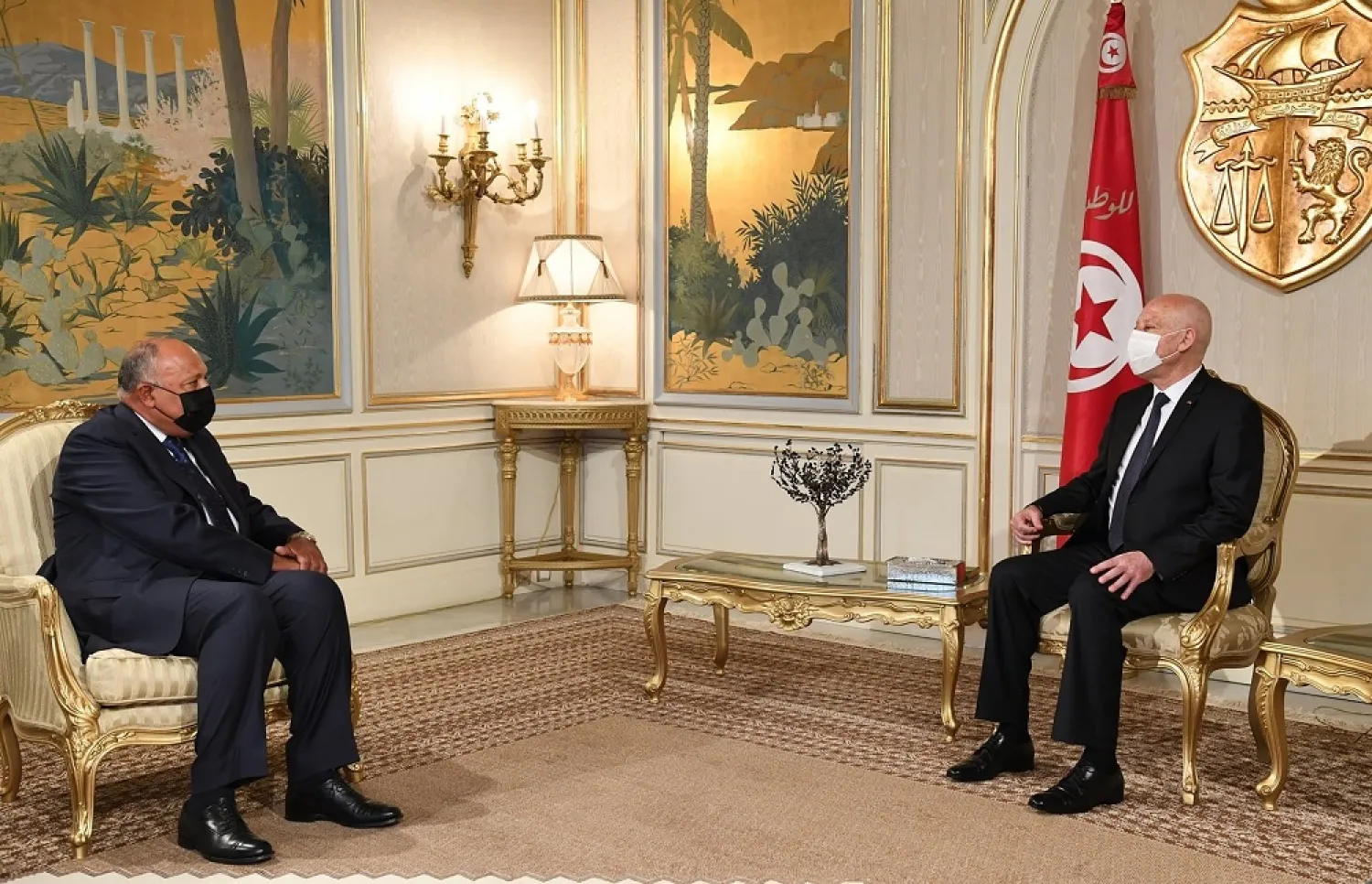A former Tunisian prime minister, ministers, MPs and senior economic officials are facing charges of financial and administrative corruption after a non-governmental organization opened investigations against them.
Among them are former Finance Minister Nizar Yaish and current Central Bank Marouane El Abassi, who are both candidates to the position of prime minister. Reports have said that they have declined the appointment.
The Raqabah anti-corruption monitor, which monitors corruption cases in the country, accused sacked Prime Minister Hichem Mechichi, El Abassi and Yaish, of financial and administrative fraud and illicit profits in financial issues related to the Covid-19 pandemic.
The head of the monitor, Imed Daimi, former minister and advisor at the presidential palace in 2012 and 2013, said that the Competition Council (a government agency that follows up corruption cases) pledged to file an “urgent case against the governor of the Central Bank, the Minister of Finance and the former prime minister.”
Meanwhile, the presidency has intensified consultations with a number of countries and regional and international capitals, including Washington, Paris, Algeria, Cairo and Libya, to resolve the crisis in Tunisia.
President Kais Saied, who had met with the Algerian Foreign Minister twice and received phone calls from Algerian President Abdelmadjid Tebboune, received an Egyptian delegation headed by Sameh Shoukry, the Egyptian Minister of Foreign Affairs to discuss the situation in the country. The Tunisian presidency also received phone calls from French and American officials.









